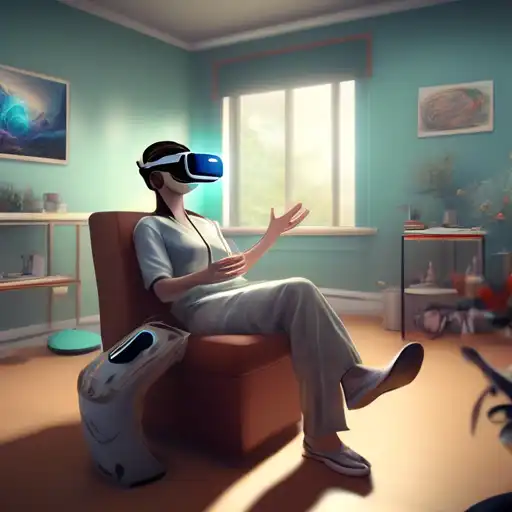The Transformative Role of Virtual Reality in Modern Therapy Practices
Virtual Reality (VR) technology has transcended its initial entertainment-centric applications to become a groundbreaking tool in the field of therapy. By creating immersive, controlled environments, VR is revolutionizing the way therapists treat a variety of mental health conditions, offering patients new avenues for healing and recovery.
Understanding VR Therapy
VR therapy involves the use of virtual reality technology to simulate environments where patients can confront and work through their issues under the guidance of a therapist. This method has shown remarkable success in treating conditions such as PTSD, anxiety disorders, and phobias.
Applications of VR in Therapy
The applications of VR in therapy are vast and varied. Below are some of the most impactful uses:
- Exposure Therapy: VR allows patients to face their fears in a safe, controlled setting, making it an effective tool for treating phobias and PTSD.
- Stress Reduction: Immersive environments can transport patients to serene landscapes, aiding in relaxation and stress management.
- Social Skills Training: Individuals with social anxiety can practice interactions in virtual scenarios, building confidence without real-world repercussions.
- Pain Management: VR has been used to distract patients during painful procedures, reducing the perception of pain.
The Benefits of VR Therapy
VR therapy offers numerous advantages over traditional methods, including:
- Enhanced engagement and motivation for patients.
- The ability to tailor environments to individual therapeutic needs.
- A safe space for patients to explore difficult emotions and memories.
- Cost-effectiveness in the long run, as it reduces the need for physical resources.
Challenges and Considerations
Despite its potential, VR therapy faces challenges such as the need for specialized equipment and training for therapists. Additionally, ensuring the privacy and security of patient data within virtual environments is paramount.
The Future of VR in Therapy
As technology advances, the scope of VR in therapy is expected to expand, with ongoing research exploring its use in treating a wider range of conditions. The integration of AI and machine learning could further personalize therapy sessions, making them more effective.
For those interested in exploring more about innovative therapy methods, check out our article on The Future of Mental Health Treatment.
In conclusion, VR is setting a new standard in therapeutic practices, offering hope and healing to many. Its ability to create immersive, personalized experiences makes it a powerful tool in the mental health field, promising a brighter future for therapy.
